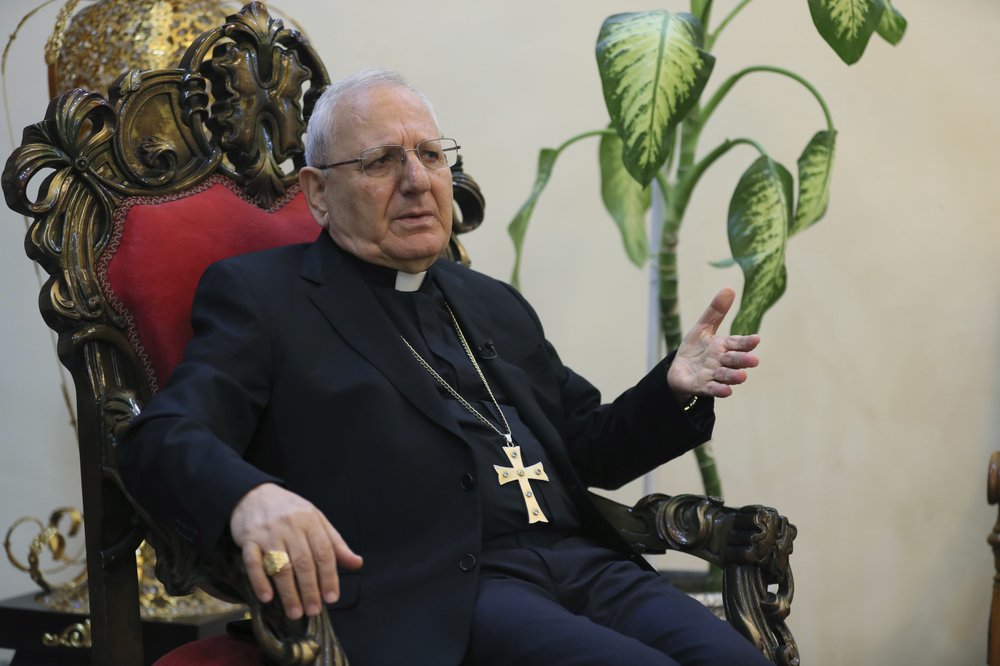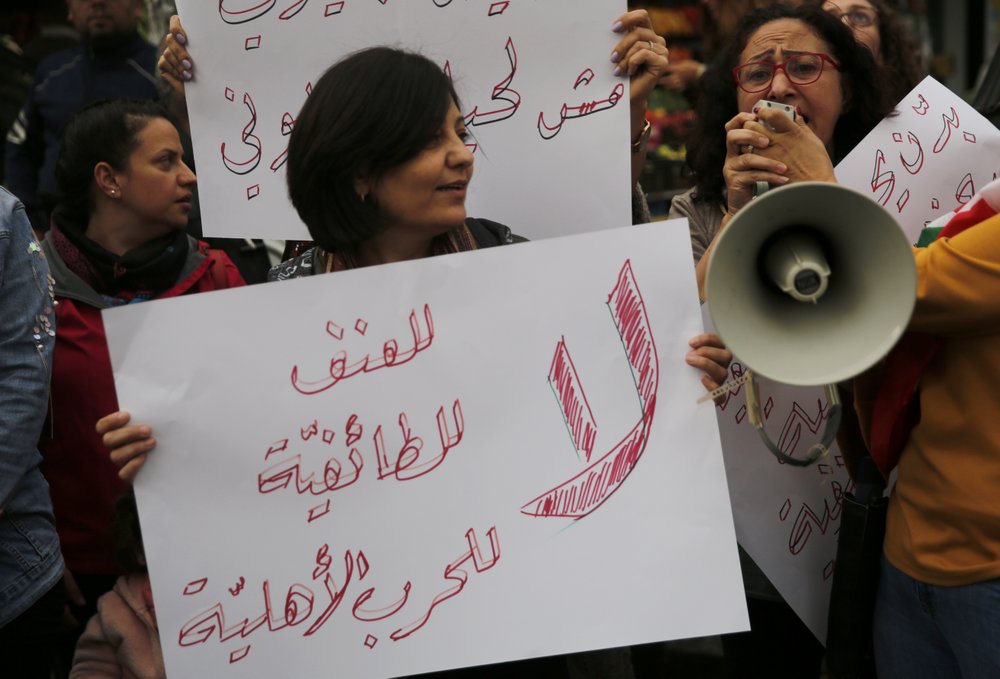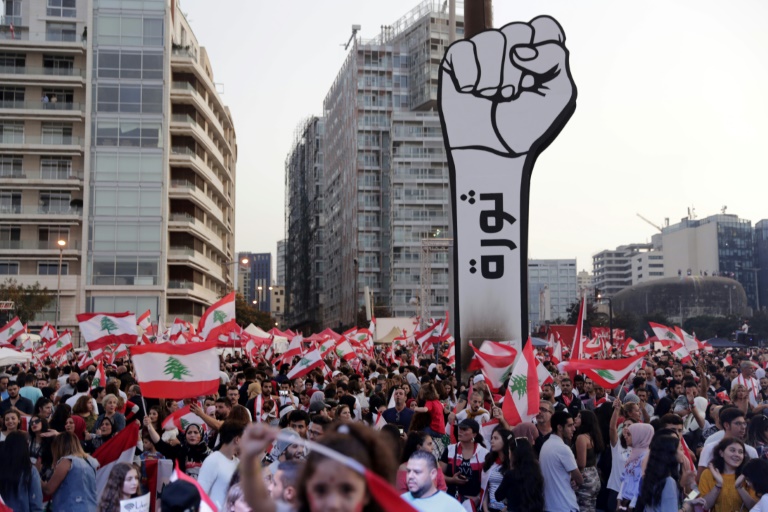As all of the accused in the Maspero violence case have been released pending further investigation, activists say that now is the time to pursue the military for its role in the violence.
Alaa Abd El Fattah, a prominent blogger and activist, was released on Sunday — the last to be released of the 28 people arrested on charges of killing a soldier, stealing military weapons and destroying property. Twenty-seven people were killed on 9 October when military forces attacked a march of mostly Coptic protesters demanding equal treatment under the law.
The Maspero Youth Union, a Coptic activist group, organized a celebration of the suspects’ release on Monday, where they condemned military trials of civilians and demanded the arrest of the military officials responsible for the violence.
The case was originally tried in military court, before being transferred to a state security court last month and finally handed to a civilian judge two weeks ago.
“Our role now is not to prove my innocence and that of my colleagues, it is to prosecute the real assailants,” said Abd El Fattah, who spent two months incarcerated based on an investigation that is ongoing.
With the same logic that landed former President Mubarak and his interior minister behind bars for the killing of protesters in the early days of the revolution, Abd El Fattah demanded that military council members Hassan al-Ruweiny and Hamdy Badeen be prosecuted for their role in killing protesters at Maspero and in subsequent clashes at Mohamed Mahmoud and Qasr al-Aini streets.
“Will the judge be able to summon them as the first and second suspects in the case?” Abd El Fattah asked.
Following Maspero, violence between the military and the Interior Ministry’s Central Security Forces and protesters erupted on Mohamed Mahmoud Street in November and on Qasr al-Aini Street earlier this month, where more civilian victims died as a result of gunshot wounds. As in past incidents, the military said in both cases that an unknown third party was responsible for the deaths.
“If the military council wants to know who the unknown assailers in the Maspero events and what followed it are, they should look in the mirror,” said Felopateer Jameel, a priest, during the event.
Jameel said that he knows from his experience serving as an officer in the military that the only three people capable of ordering military trucks to run over protesters are Chief of Staff Sami Anan, head of the central command Hassan al-Ruweiny and head of the military police Hamdy Badeen and therefore demands their prosecution for the Maspero events.
The speakers condemned the lack of prosecutions in sectarian attacks that occurred during the past year, from the New Year’s bombing of a church in Alexandria to attacks on churches across the nation and the deadly assault on the mostly Coptic protest in October.
During the event, Judge Amir Ramzy said that these cases can be solved quickly if there is a will to pursue them.
“How come until now we can’t tell who is killing protesters from rooftops? As a man of the law I find this strange and I ask the investigative authorities to reveal the truth about what’s happening in Egypt,” said Ramzy.
Two of the released suspects told the stories of their arrest, indicating a quality of randomness in military prosecutions.
Both suspects were arrested a day after the Maspero clashes as they passed the area on their way to work. They were both arrested by citizens who captured them upon hearing their Coptic names and handed them over to the military.
They were then tortured inside the Maspero building and mistreated for the entire duration of their incarceration.
“I don’t understand why they did this to us. Even though we are all Egyptians, this was really saddening to me,” said Michael Fayez, one of the suspects, who was arrested hours after the end of the clashes as he was passing by on his motorcycle Monday morning on his way to work.




